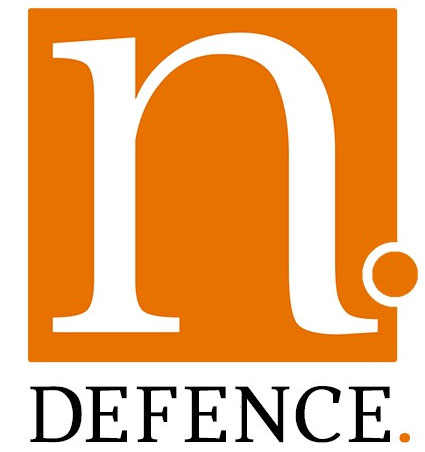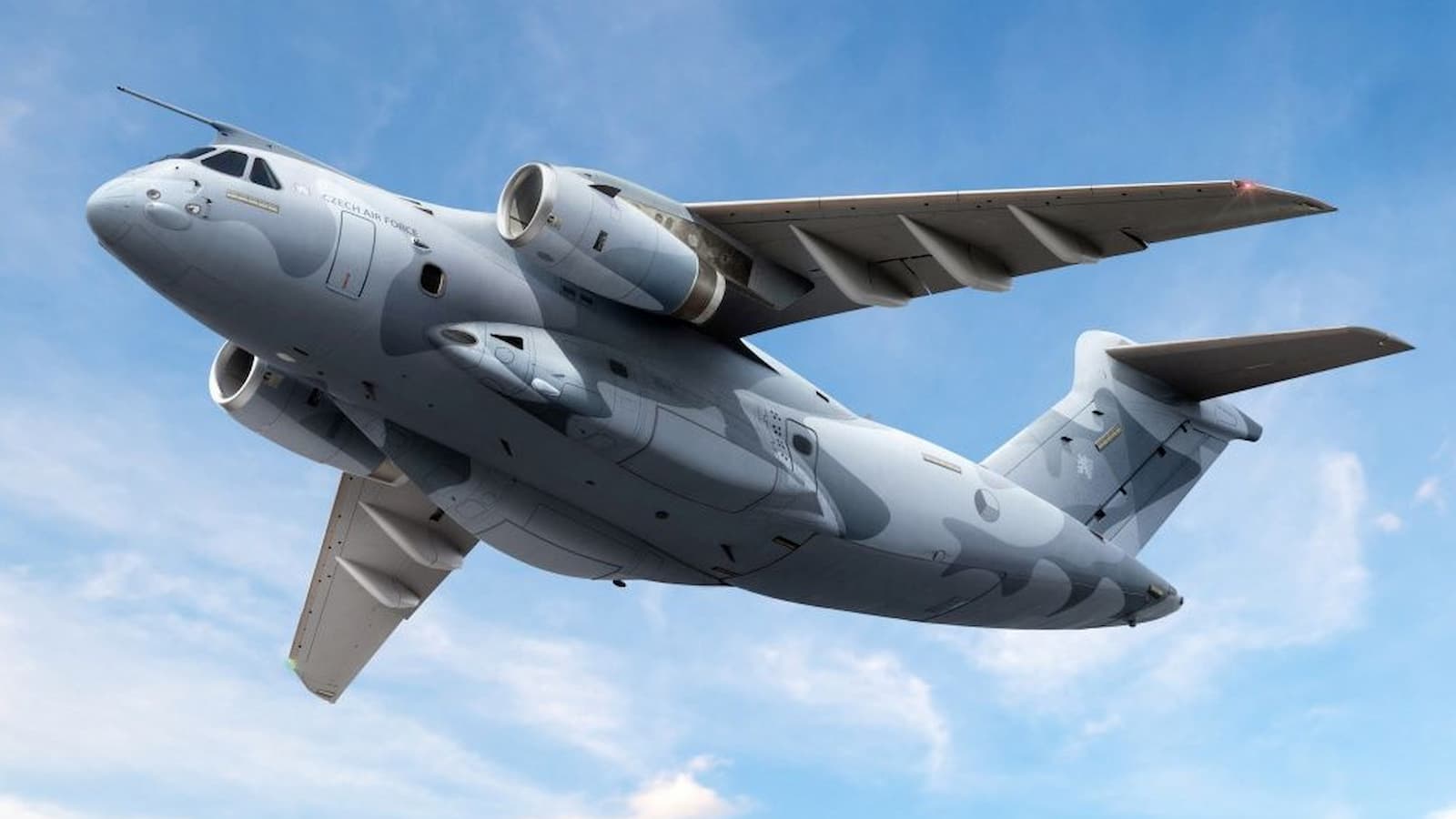NATO Setting Allies Tougher Targets: A European diplomat told Reuters on Friday that the NATO alliance is likely to set more difficult goals for its members in order to improve their air defense, long-range missile, and logistics capabilities.
The first significant defense plans developed by NATO since the end of the Cold War detail the alliance’s response to a Russian attack. To combat the growing threat posed by Russia, it is anticipated that members of the NATO alliance will set targets that are more demanding.
NATO Setting Allies Tougher Targets
The objectives mean to support the air-safeguard, long-range rocket, and coordinated operations capacities of the part expresses, an European negotiator told Reuters on Friday.
The first major defense plans since the end of the Cold War were approved by NATO leaders at their summit in Vilnius last year, outlining how the alliance would respond to a Russian attack.
Since NATO had been fighting smaller wars in Afghanistan and Iraq for decades and was confident that post-Soviet Russia no longer posed an existential threat, the move represented a fundamental shift.
Germany requires more troops to fulfill its NATO obligations.
According to a Friday report in the German weekly Spiegel, Germany’s armed forces, the Bundeswehr, will require an additional 75,000 troops in order to fill additional allied corps, divisions, and brigades necessary to carry out the defense plans. The Bundeswehr has approximately 180,000 soldiers and 80,000 civilian employees, which is less than the target of 200,000.
Calls for additional soldiers could introduce one more migraine for the German government, which is wrestling with how to fund a flood in guard spending since Russia’s attack of Ukraine and has discussed once again introducing some type of military help. Chancellor Olaf Scholz’s three-way coalition has identified defense spending as a potential sticking point in discussions regarding the budget for the upcoming year.



